All parents know that kids get grouchy when they are tired and have not gotten a full night of good quality, sound sleep. Numerous studies have demonstrated the importance of sleep in the development of a child’s brain.
- How do I get my child to sleep with moderate to severe eczema?
- Do eczema pajamas work better than regular sleepwear for babies with eczema?
83% of children whose eczema is flaring up have difficulties falling and staying asleep. Read our guide to help itchy eczema babies and children get settled and ready for a night of good night sleep.
Compared to 20-30% of all kids having sleep disturbances. In some cases, repeated sleep disruption can cause a child to be misdiagnosed with a behavioral problem or learning disability. Eczema-related sleep disruption is second only to itch in having the most negative impact on the quality of their lives. Not getting enough (good quality) sleep can make children dealing with an eczema flare-up more susceptible to infection and more sensitive to pain. It can impair their cognitive abilities, disrupt their behavior and lead to attentional and emotional problems and add a debilitating level of stress.
The obvious culprit in a child’s eczema related sleep disturbances is in fact from itchiness and overall discomfort. But another connection to sleep disturbances can be the anxiety associated with the end of day routine when a child’s eczema is being treated and they are prepared for bed. After a full day of childhood activities where the child has almost forgotten about how itchy their eczema is, the focus on the end of day eczema treatment and bedtime routine can almost serve as a reminder that they have an itchy eczema flare-up and trigger the itch-scratch cycle. This, in turn, can frequently trigger natural anxiety to build up in the child’s mind about their itchiness which in turn manifests and increases a child’s stress level.
Stress is a common trigger for both sleep disturbances and eczema flare-ups.
Work with a dermatologist to get your child’s eczema under control. Sleep loss occurs when eczema flares and getting your child’s eczema under control can help your child sleep. A dermatologist can also help develop a treatment plan that addresses sleep loss. Here are some ideas for helping itchy babies and children to settle them and get a better night’s sleep:
- Bedtime Routine: Start your child’s bedtime routine (around 15-40 minutes in length, older children may take longer) at the same time every evening (or as close to it as you can) and should be repeated every night. Establishing a regular bedtime routine is fundamental in teaching a child to sleep. This routine can also be used in the 10-20 minutes just before a nap (if a nap is age appropriate), just so your child gets used to the process of going to bed.
Tip: It is amazing how quickly a child adapts to structure and routine. Avoid routines that can’t continue in the long run. If your child needs to fall asleep on your breast while nursing, you’re going to have to do that each time they wake up and can’t fall asleep on their own. Keep the bedroom quiet and dark, with only a dim indirect nightlight if needed. Keep pets out of the bedroom, especially the bed. It is not unusual for a child to wake during the night. If you hear them stirring after they have been asleep, avoid going back into the room. More times than not they will fall back to sleep in a few minutes.
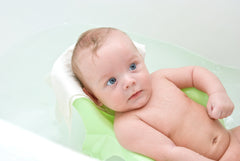
- Bathing and moisturizing: Warm baths in the evening right before sleep time have been shown to help children’s skin heal by hydrating your child’s excessively dry skin and for relaxing their muscles. The first can reduce the tendency to itch, and the second can reduce stress, which, as we’ve already seen, is a potent trigger for eczema flare-ups. It is recognized that our body temperature starts to fall as we approach our usual sleep time and warming up the body with a (not too) hot bath followed by a cooling down period may jump-start the falling asleep process. Pat dry the skin with a soft warm towel. Be careful not to rub too aggressively when drying their skin as this will cause the skin to feel itchy.
Tip: Check with your health care professional before trying any of these ideas but natural and holistic bath water additives like Apple Cider Vinegar, colloidal oatmeal, Epsom salt, garlic, and coconut oil can help soothe the itch and help heal the skin. There are other, more aggressive bath treatments like bleach baths but these should only be used under strict guidance from a dermatologist.
- Treat skin irritations and rashes before dressing the child for bed using only the topical creams, lotions or emollients your dermatologist has recommended. Studies have shown that covering the skin using special eczema sleepwear will help retain skin moisture, cover and thereby increase the effectiveness of topical medications and protect, relieve itchiness and help irritated skin rashes heal faster. Avoid harsh fabrics like polyester and wool that can irritate the skin, restrict breathability and cause night sweats. Dermatologists recommend Soothems over cotton or silk. According to Dr. Peter Lio, MD, Board Certified Dermatologist, and a member of the National Eczema Association Scientific Advisory Committee the TEWLTect® fabric used to make Soothems eczema clothing is highly effective at controlling bacteria on the skin of atopic dermatitis patients and helps calm itching, inflammation and works great for wet wrapping. The overall benefits are incredible and even help reduce patient stress and improve sleep patterns.
Tip: Applying moisturizer before their bedtime stories will allow it time to soak in and any stinging time to subside. Cover the moisturizer with special eczema sleepwear like Soothems baby eczema pajamas. This is especially important if you are using a prescription product or any strength of hydrocortisone cream on the damaged skin.
- Let them get settled and relax before falling asleep. The ability to self-settle will serve them (and you) well as they get older. You want your child to feel your love and comfort and to fall asleep on their own. This could include a short message, cuddling or reading a bedtime story that does not overstimulate a child are wonderful ways to get them settled and ready for sleep. Psychologists and pediatricians advise that the sound of your voice is naturally soothing, reassuring, and one of the best ways to reduce stress and relax a child, even if they are just an infant. We love the magic fade away blue moons on Soothems eczema pajamas and their free storybook to relax a child and help reduce the child’s desire to scratch and stress.
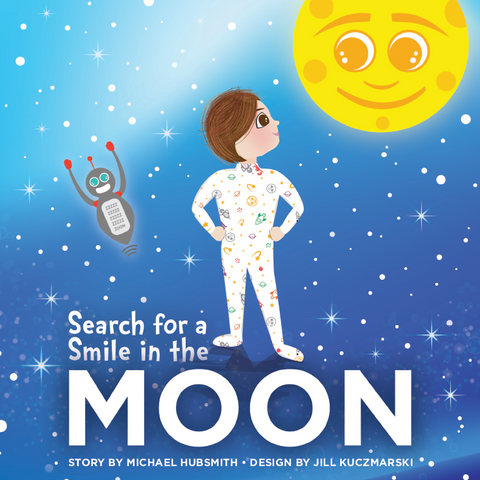

Tip: If you are concerned about whether your eczema child is scratching or truly distressed, you might consider getting a video baby monitor or using your smartphone or tablet with a baby monitor app (if you’re using a phone remember to mute the ring volume!). This allows you the peace of mind from checking that they are okay without needing to disturb them.
When a child with eczema doesn’t get a good night’s sleep, 99% of the time neither does the parent. It is no secret no sleep leads to a loss of patience and increases household tension. If you can establish a good bedtime routine and encourage good sleep habits early, not only will you be giving your eczema child the best possible start, but the whole family will benefit from getting enough sleep.
References:
- Millennium Cohort Study https://www.ncbi.nlm.nih.gov/pmc/articles/PMC4949701/
-
2008 Canadian study published in the journal Sleep
Atopic dermatitis | Allergy, Asthma & Clinical Immunology | Full Text
Interesting article? Don't keep it to yourself...
Share on FaceBook! Pinterest!

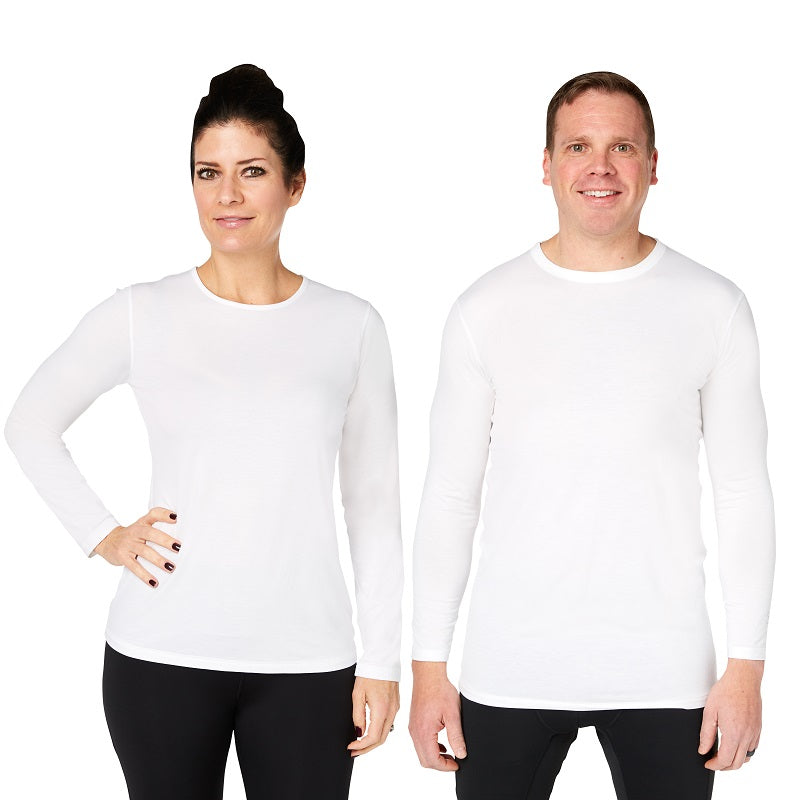
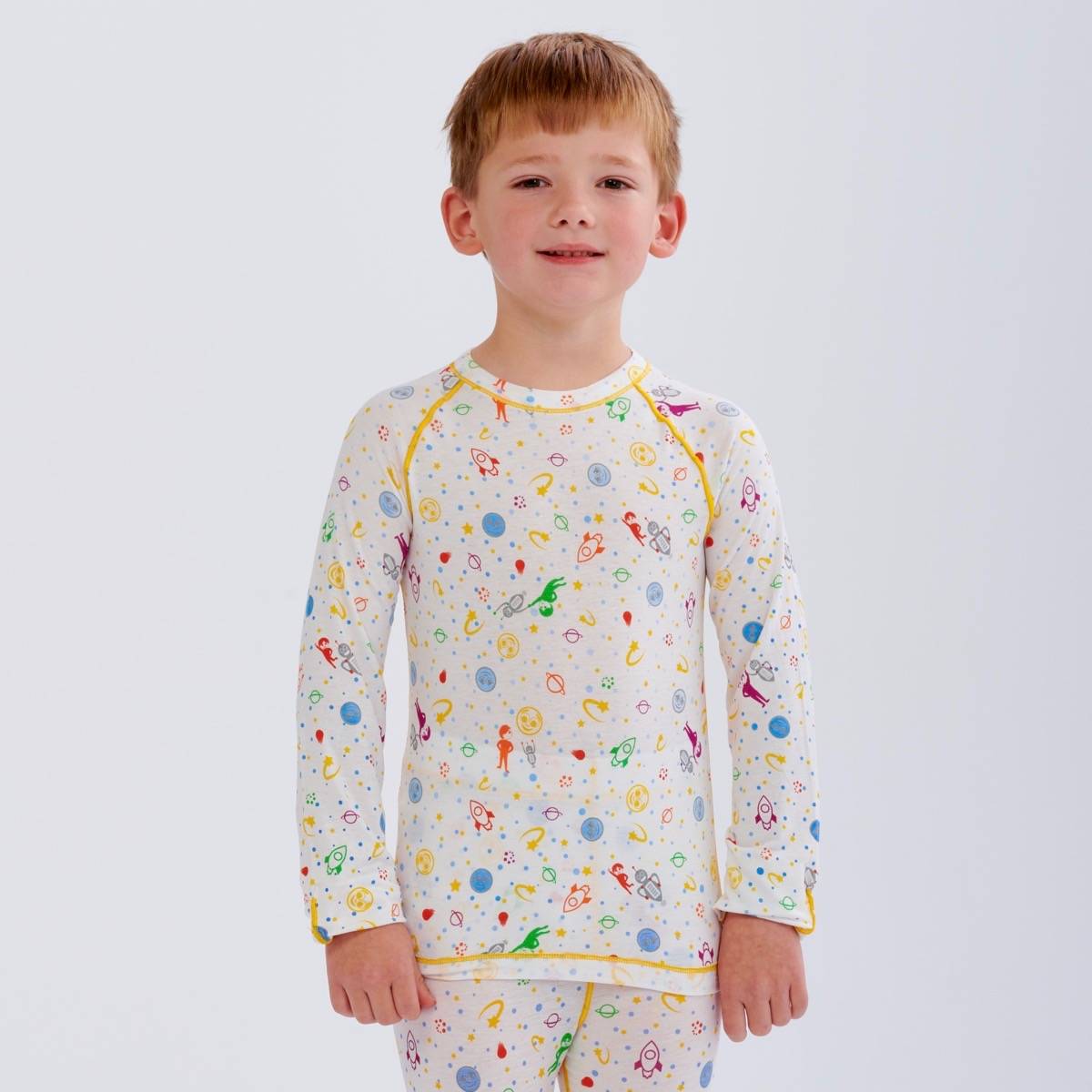
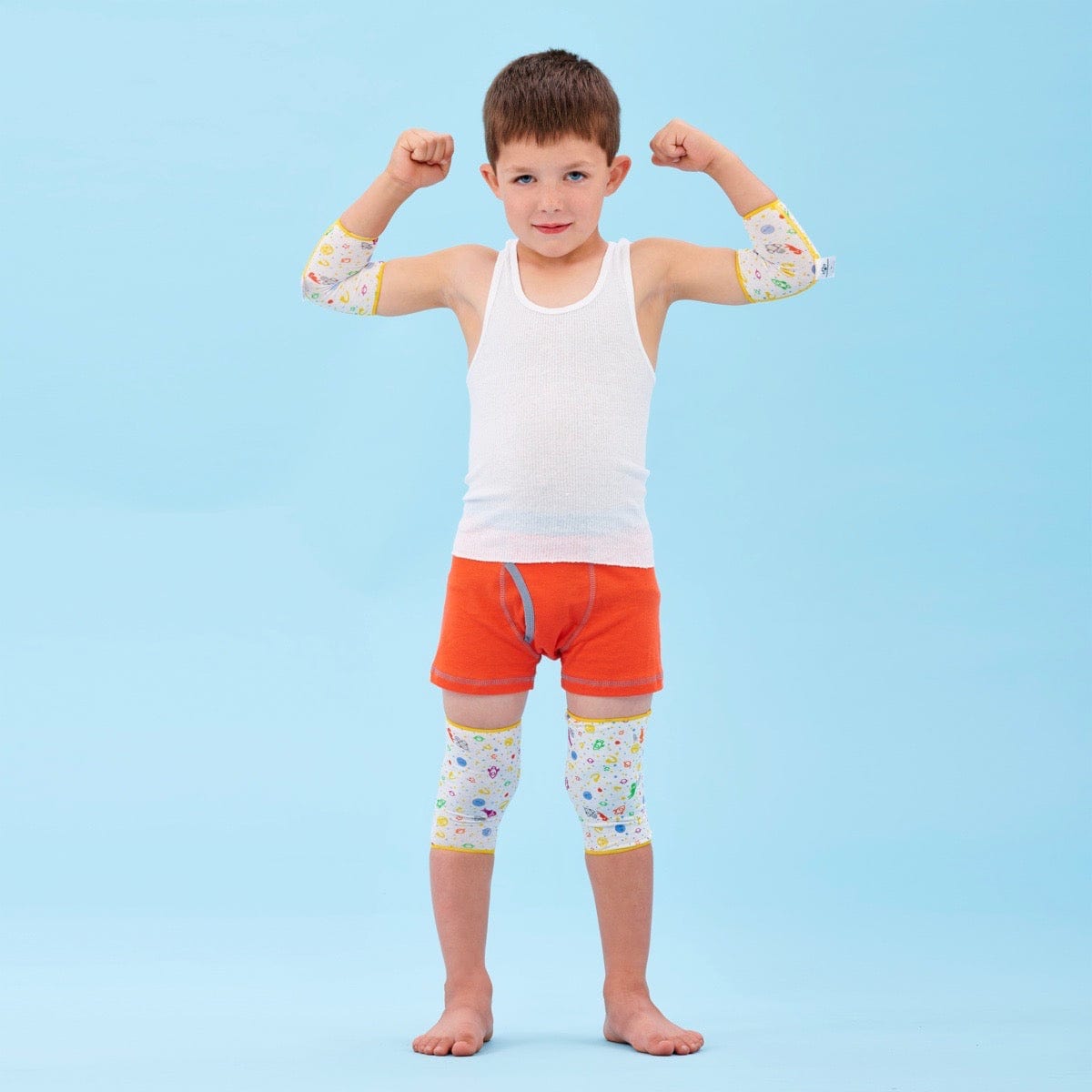
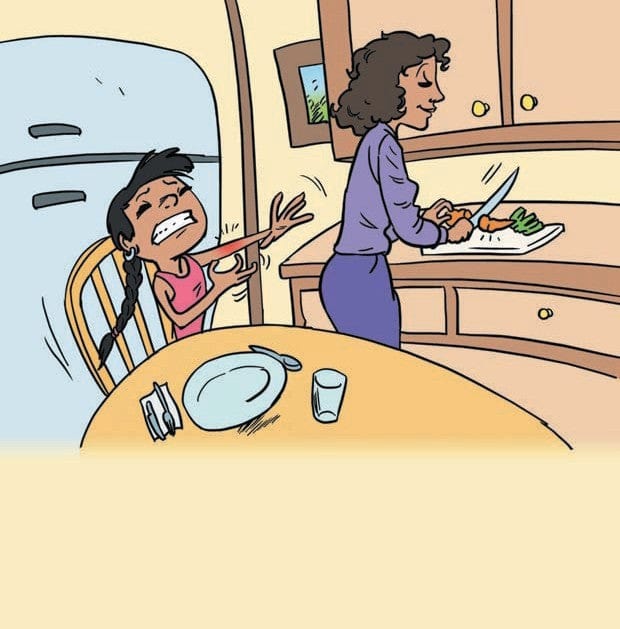




Leave a comment
All comments are moderated before being published.
This site is protected by hCaptcha and the hCaptcha Privacy Policy and Terms of Service apply.